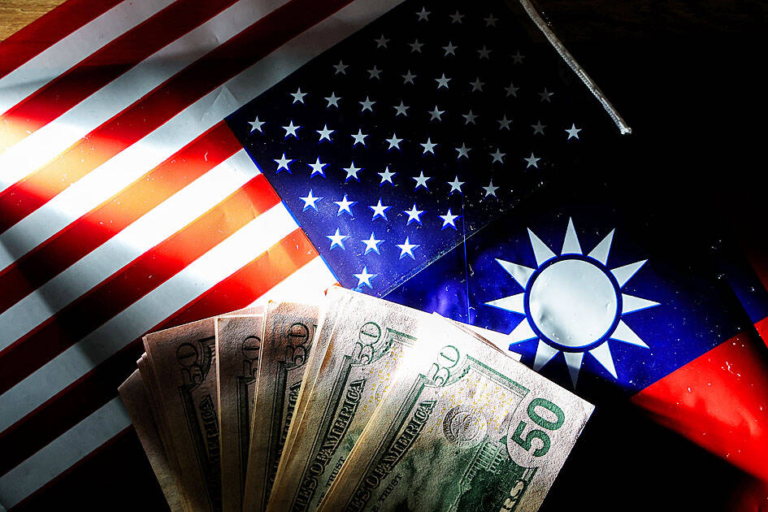
The Australian Defence Force (ADF) support vessel ADV Reliant is reinforcing the nation’s enduring commitment to Indo-Pacific stability and security with its first deployment of 2026.
Reliant will visit Fiji, Kiribati, Nauru, Solomon Islands and Tonga over its three-month mission, responding to Pacific partners’ requests and supporting maritime weather surveillance during the high-risk weather season.
A key task will be delivering supplies to strengthen border security in the Solomon Islands, including providing facilities for the Customs, Immigration and Biosecurity agencies and the Royal Solomon Islands Police Force.
Royal Australian Navy Vice Adm. Justin Jones, the ADF’s joint operations chief, said the program “is a demonstration of Australia’s commitment to regionally led solutions to the Pacific’s needs.”
In 2025, ADV Reliant was deployed to support regional resilience for more than 270 days, including maritime surveillance and search and rescue. Crews also delivered Guardian-class patrol boat parts and equipment, Jones said.
Reliant docked in Solomon Islands’ capital, Honiara, in February 2025 to deliver three vessels to be equipped as patrol boats for the police force. The vessel also:
- Delivered two fire trucks each to Kiribati and Tonga.
- Provided humanitarian and disaster response supplies to Fiji.
- Supplied spare parts and equipment for patrol boats in the Cook Islands, Fiji, Tonga and Tuvalu.
- Conducted hydrographic surveys to support safe port navigation.
- Rescued four civilian sailors while in transit to Suva, Fiji.
In October 2025, Reliant hosted 15 members of the Pacific Response Group for training, including safety and ship familiarization. Port visits throughout the year reinforced Australia’s partnerships and demonstrated the shared commitment to security and resilience across the Indo-Pacific.
“ADV Reliant is a versatile and valued asset to the region,” Jones said.





